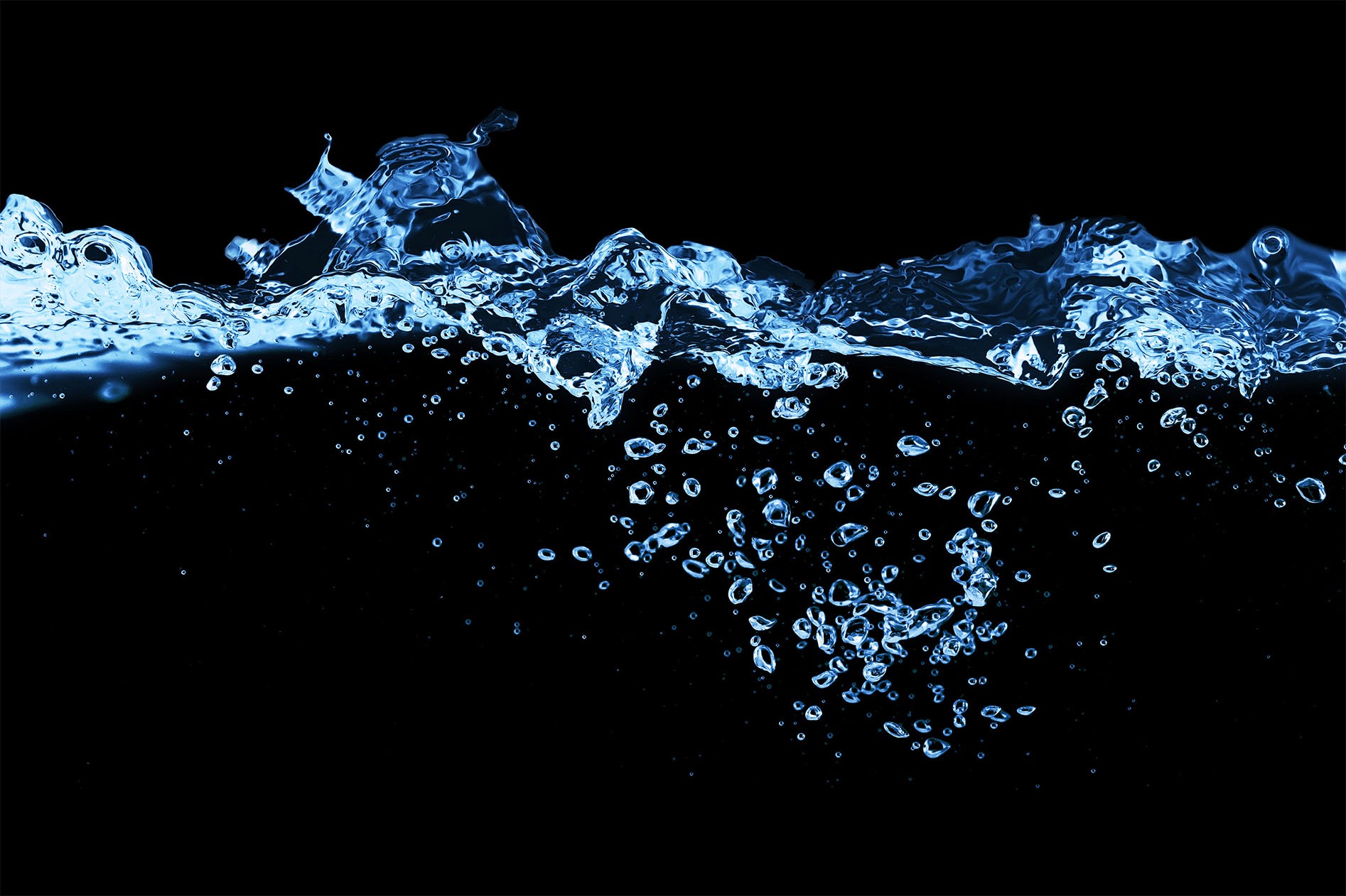It is known that lowering the temperature of a substance is possible due to the absorption of energy by another substance. In space, there is almost a vacuum, which means that, despite the low temperature, freezing is impossible. What will happen to a bucket of water hypothetically poured into outer space?
Read also: Moon Colonization Is Extremely Dangerous For Humans: Here’s Why
Let’s figure it out together.

The temperature of a rarefied substance in outer space varies greatly depending on where this substance is located. For simplicity of our reasoning, we will consider the situation when our bucket of water was in the orbit of the Earth, in its shadow, where the temperature can drop to minus 170 degrees.
Is cooling in a space vacuum possible?
There are three types of heat transfer: thermal conductivity, convection, and thermal radiation. For the first two methods, it is necessary that the body (in this case, liquid water) is in direct contact with some other body. Only in the presence of contact, heat transfer occurs, for example, in the earth’s atmosphere, the water in a bucket exchanges heat with the walls of the bucket and the air in the atmosphere.
But thermal radiation works regardless of the presence of matter around the body. Any heated body constantly emits thermal radiation. Thermal radiation R 20;scatters” in all directions, and heat is transferred to any other body that gets in the way of this radiation. Under vacuum conditions, thermal radiation is the only heat transfer mechanism. It is in this way that heat is transferred, for example, from the Sun to the Earth. Therefore, cooling and freezing of matter in space is quite possible. The substance will simply emit radiation, reducing its temperature.
Strange boiling in a vacuum
The temperature, at which the liquid boils, depends on the ambient pressure. So, if you increase the atmospheric pressure by 2 times, then the water will boil at a temperature of about 120 degrees, and if you reduce the pressure to 7% of the norm, then the water will boil at 20 degrees Celsius. This fact is well known to climbers, for example: water high in the mountains boils before it reaches 100 degrees Celsius. Under space vacuum conditions, the pressure is so low that it cannot be recorded by direct measurement. Water in such conditions will instantly boil, regardless of temperature, and, oddly enough, this may lead to its freezing.
Read also: An Astronaut Who Got Lost In Space For 27 Years Returned In 2001
How can boiling water freeze?
Due to boiling, the water will give off a huge amount of heat and its temperature will drop rapidly, much faster than from thermal radiation. Anyone who at least once released a lot of gas from a deodorant bottle, at a time could feel how much the liquid in the balloon is cooled. A similar situation is with boiling water.

Depending on the shape and size of the container, the water may have time to become covered with an ice crust, which will prevent further boiling, and the water will slowly cool off due to heat radiation, but for this, the vessel should have a large volume and a narrow neck, such as a wine bottle. After that, under vacuum, the water will sublimate, that is, go directly from solid to a gaseous state. Over time, all the ice will turn into a gaseous state, so it can be said that the water will first partially evaporate, then freeze, and then completely evaporate.
And what happens if you send water into space without a vessel?
If we pour out a bucket of water in space, then a protective crust cannot form, water will be scattered by boiling into the surrounding space in the form of small drops, some part of the water will quickly evaporate, and the rest will form microscopic ice crystals, which, in turn, will also sublimate up until complete evaporation.








